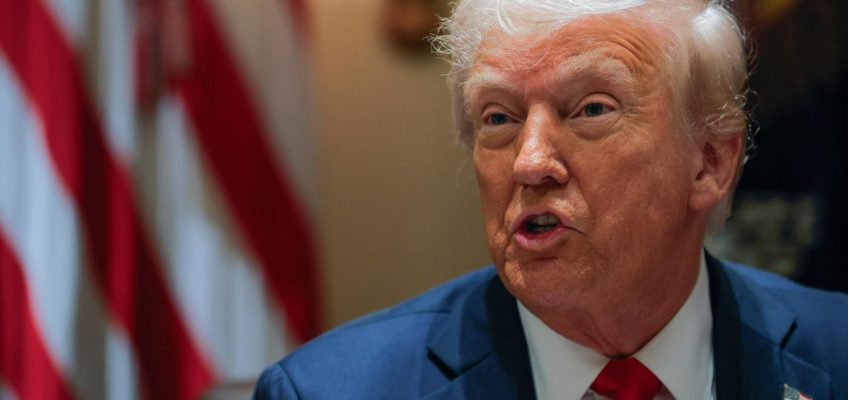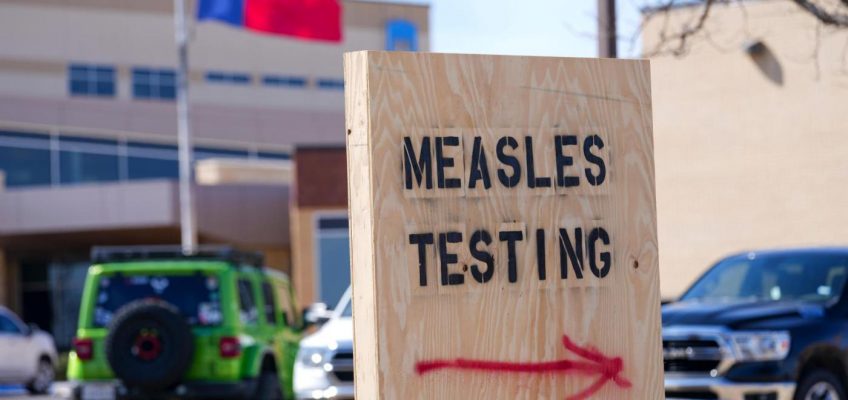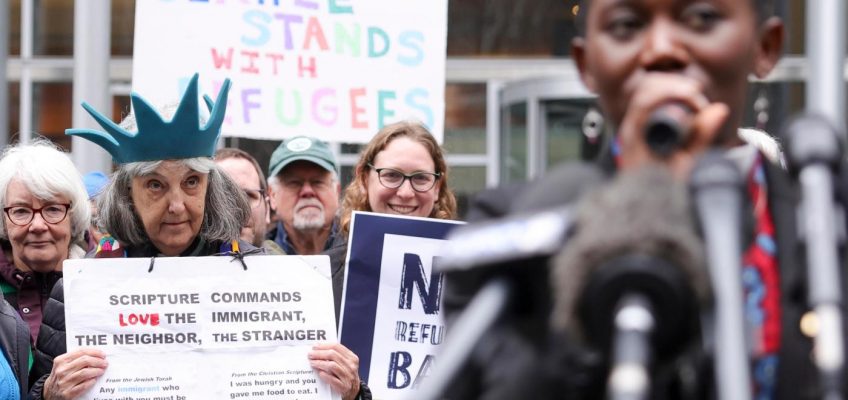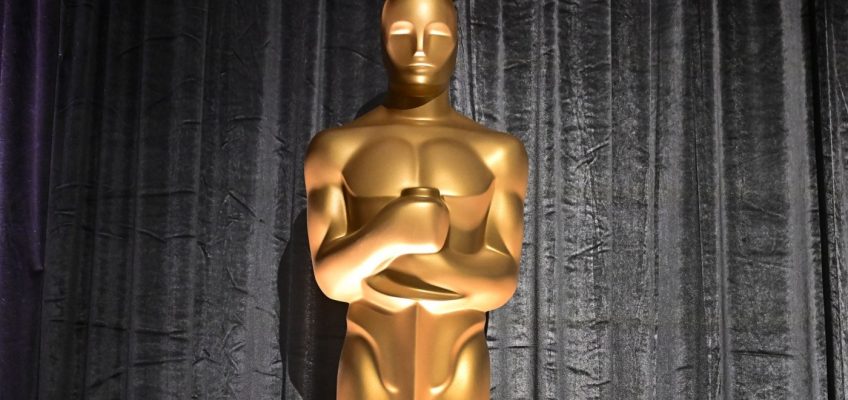European allies knew their relationship with the second Trump Administration would be challenging. Even so, the shocks they’ve received from Washington in recent days constitute a crisis. The warning, more or less: Shape up or the Americans are shipping out.
Start with the Ukraine war. This is the largest military conflict on European soil since 1945, and the Continent’s leaders recognize the stakes for their security. But Mr. Trump’s message is that the U.S. doesn’t care what Europeans think about how the war should be resolved.
Mr. Trump spoke on the phone to Russian President Vladimir Putin earlier this month about ending the conflict, a development that caught Europe by surprise. Defense Secretary Pete Hegseth announced, also without consulting allies, that Ukraine shouldn’t expect to regain territory lost during Russia’s first incursion in 2014. Asked at a conference whether Europeans would play a role in peace talks, Mr. Trump’s Ukraine envoy Keith Kellogg said “that is not going to happen.”
These are slaps to North Atlantic Treaty Organization allies whose security is threatened by Mr. Putin’s imperial ambitions and that have contributed cash and equipment toward Ukraine’s defense. The insults also recognize reality, however. Too many European governments, especially the largest, have been too slow and stingy in providing support to Kyiv either for lack of strategic conviction or decades of spending on welfare instead of their militaries.
The Trump Administration appears unwilling to let Europe leverage its noisy but dilatory contributions to the Ukraine war into a seat at the negotiating table. Much of Mr. Trump’s approach to peace talks is all wrong for America’s own interests, including Mr. Hegseth’s hint that the U.S. could agree with the Kremlin to reduce American troop numbers in Europe. But Europe has chosen to put itself in the position of taking others’ decisions about its security rather than making its own.
Which is what we take to have been Team Trump’s bigger theme in Europe. At a summit on artificial intelligence in Paris, Vice President JD Vance offered a bracing warning that Europe will leave itself behind in the next industrial revolution if it overregulates today’s frontier technology. Europeans aren’t accustomed to being told so bluntly by U.S. officials that Europe is impoverishing itself with its dirigisme, but someone had to say it.
Then in Munich Mr. Vance delivered a more surprising rebuke when he asserted that Europe’s biggest security danger is “the threat from within.” He cited a political culture that aggressively tamps down on dissent, often in the name of combating “misinformation” or other ills such as racism, as mainstream politicians worry their power will be eroded by insurgent parties of the right and left. The subtext is that if Europeans expect Americans to defend Europe for the sake of democracy, Europe needs to be recognizably democratic.
These interventions have triggered howls across Europe, sometimes with reason: German politicians have cause to be aggrieved at Mr. Vance for expressing veiled sympathy for the far-right Alternative for Germany (AfD) party a week before an election.
Yet in general Europeans are glumly conceding the Trump team has a point, at least on Ukraine and defense matters.
A U.S. withdrawal from Europe would be a historic mistake, and damaging to American interests. But Europe is on notice that Mr. Trump may be willing to leave the Continent to its own devices. Europe needs to act accordingly, and an economic revival and greater investment in its own defense are essential and urgent.
— The Wall Street Journal
Related Articles
Lisa Jarvis: Measles outbreak was avoidable
Ryan Young: Pare back presidential power
Bret Stephens: America’s most shameful vote at the U.N.
Allison Schrager: Trump risks making the same economic mistakes as Biden
F.D. Flam: You might have plastic in your brain. Don’t panic — yet




